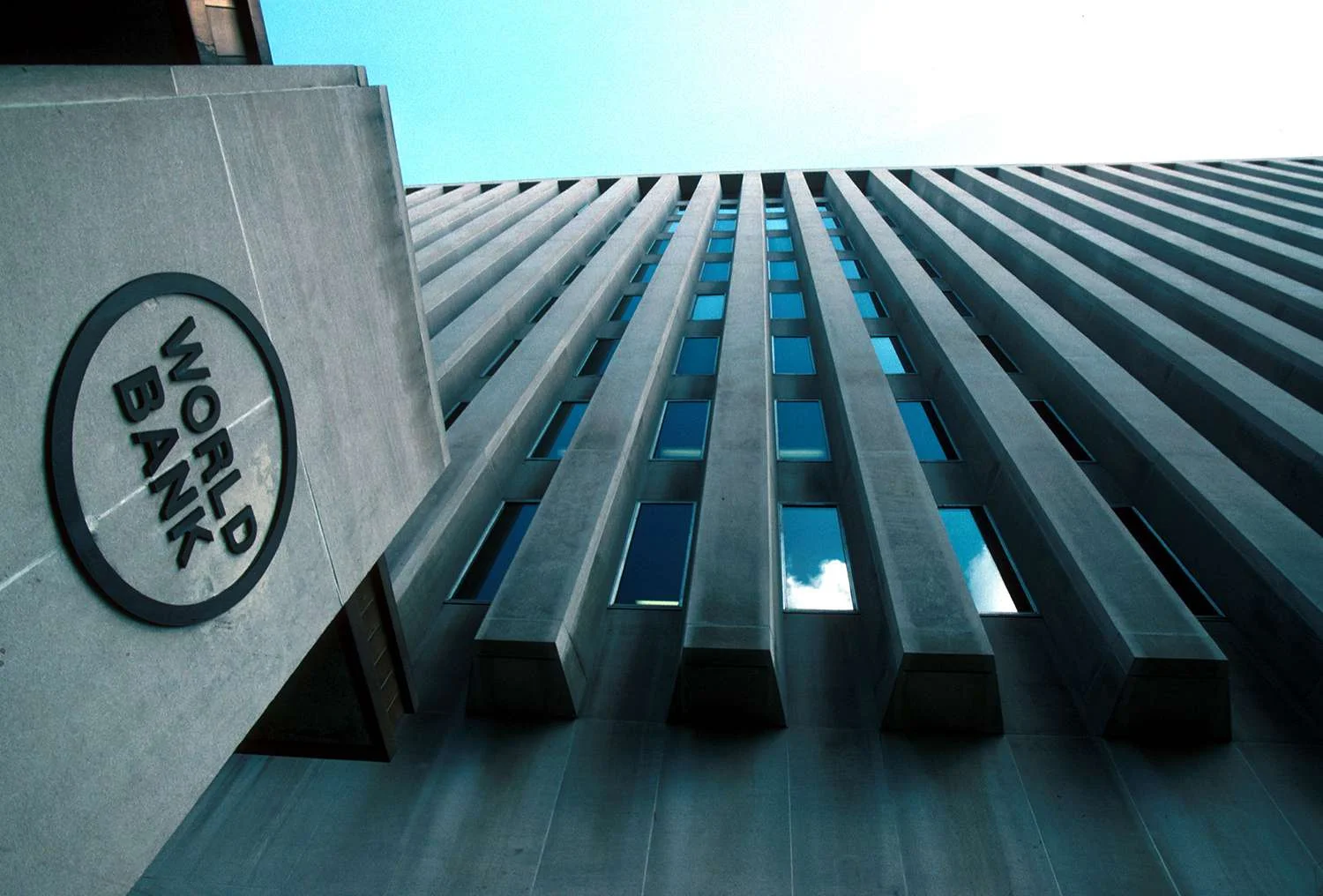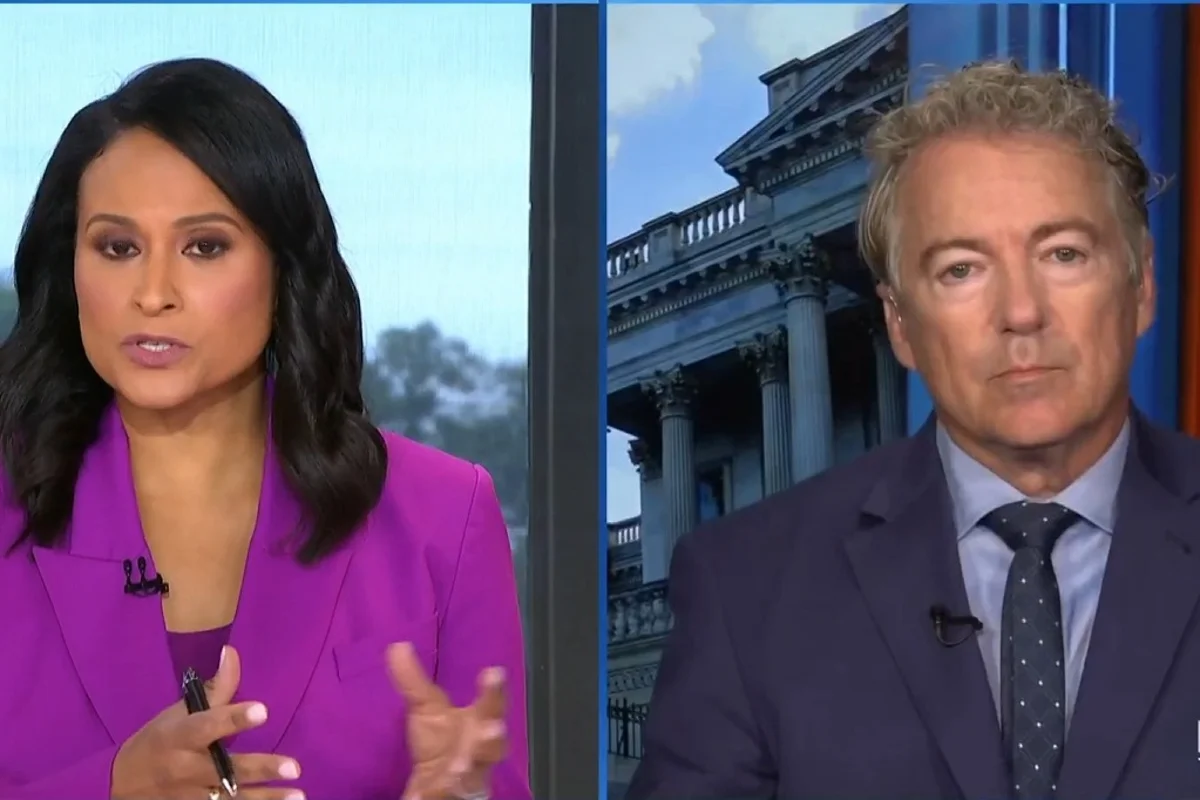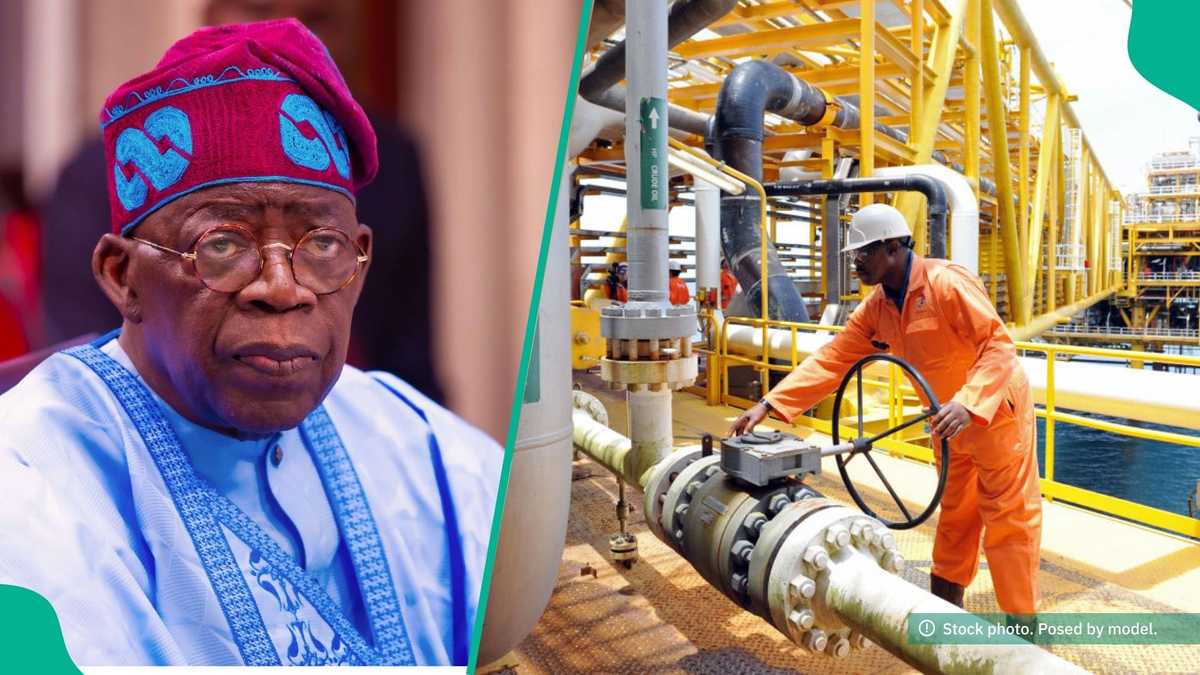By Mabel Boamah
Copyright atlfmnews

Ghana has spent 40 out of its 68 years of independence under International Monetary Fund (IMF) programmes, according to a new World Bank report that urges urgent reforms to reset the country’s development path.
The 2025 Policy Notes report, titled “Transforming Ghana in a Generation”, revealed that Ghana has entered 17 IMF programmes, often as a response to fiscal crises triggered by persistent indiscipline and mismanagement.
The Bank cautioned that if Ghana continues on a “business-as-usual” trajectory, economic growth will stagnate at 3.8% annually, delaying the country’s transition to upper-middle-income status until well beyond 2050.
“The real risk is complacency,” the report warned, pointing to weak governance, fiscal fragility, poverty, widening regional inequalities, and environmental degradation as major risks.
The report further argued that while Ghana made remarkable progress in the early 2000s, the last decade has been marked by stagnation—culminating in the 2022 economic crisis, which exposed deep structural vulnerabilities rather than just external shocks.
Read Also: UK–Ghana debt agreement boosts 24-hour economy agenda with new projects
Currently, Ghana’s income per capita stands at around US$2,200, almost unchanged over the past decade.
Still, the World Bank expressed optimism that the next four years present a unique opportunity for Ghana to reset. With elections on the horizon, it argued, leaders have a chance to strengthen the social contract, implement reforms, and reposition the economy on a sustainable path.
Key priorities highlighted include:
Tackling fiscal indiscipline and strengthening governance.
Reducing over-reliance on natural resources by driving structural transformation.
Boosting productivity and creating quality jobs.
Addressing poverty and regional disparities.
The World Bank concluded that bold action now could help Ghana break from its cycle of IMF bailouts and set the stage for long-term prosperity.
CLICK HERE FOR MORE STORIES



